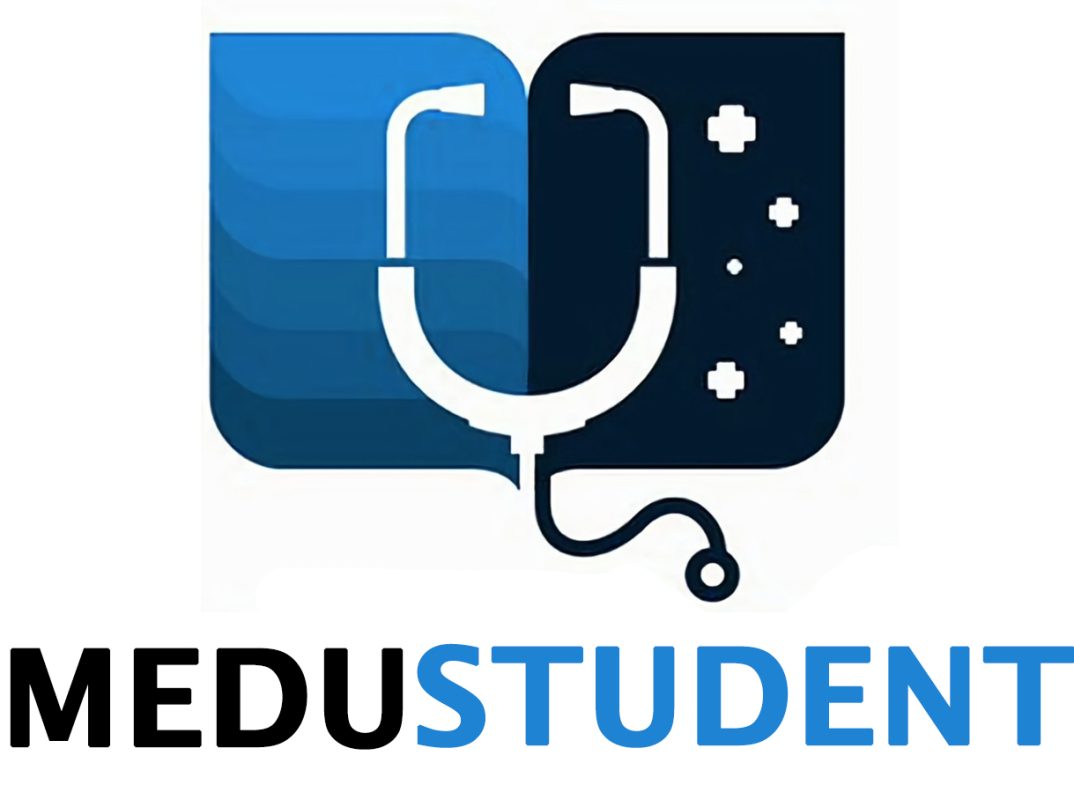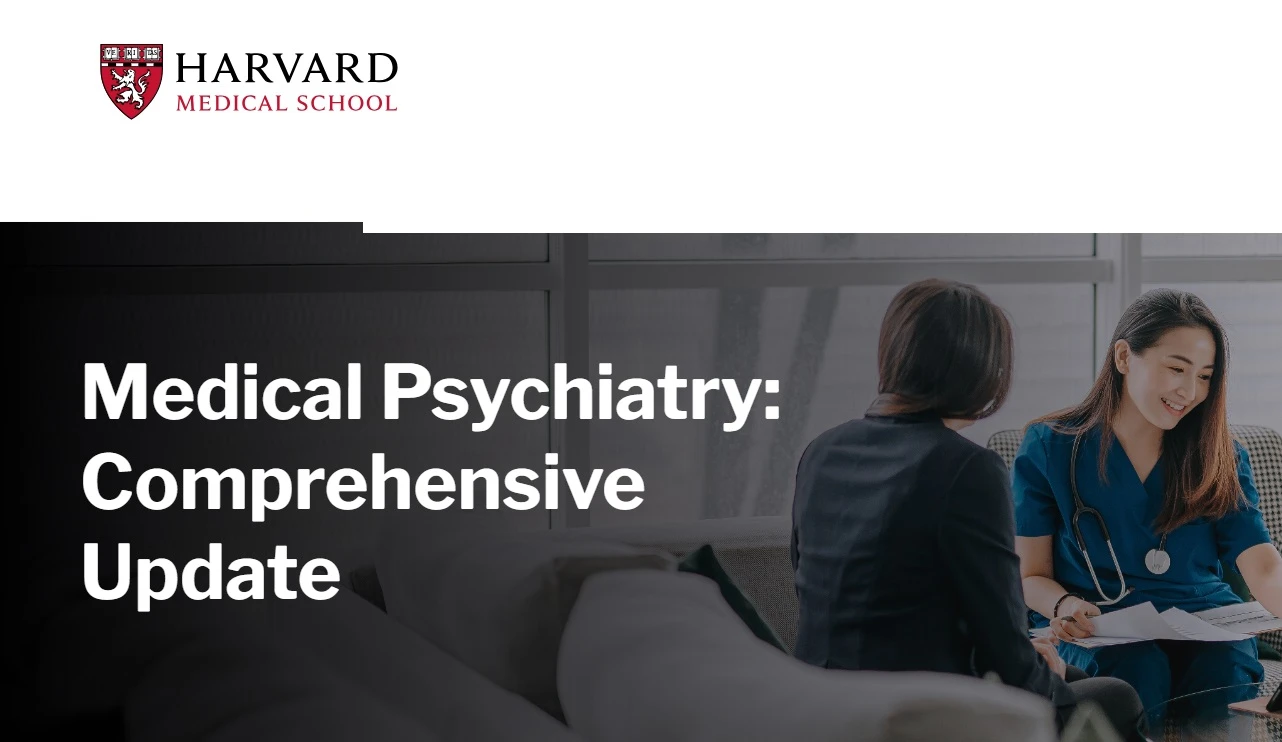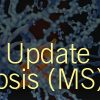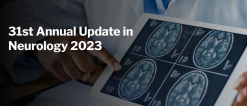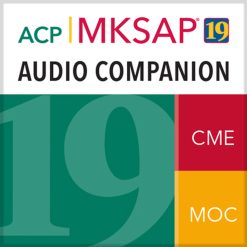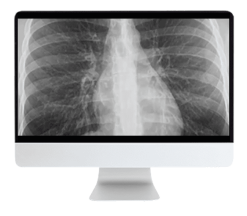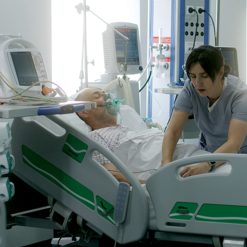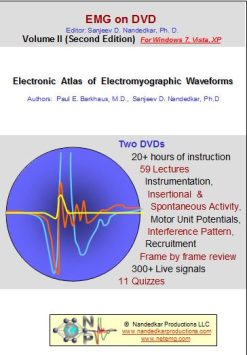Harvard Medical Psychiatry: Comprehensive Update 2024
$100,00
This Product is shared via google drive download link, So please share your correct Gmail id while placing the order .Please note that there are no CME points or certificate associated with this course Samples for Courses Can be found here : Free Samples Here!
Harvard Medical Psychiatry: Comprehensive Update 2024
Harvard Medical Psychiatry
2024 Course Overview
Harvard Medical Psychiatry: Comprehensive Update 2024 Medical Psychiatry is an exciting and rapidly growing field that is at the forefront of integrated medical and psychiatric practice in both the general hospital and outpatient settings. Providers specialize in the treatment of illness at the interface of medicine and psychiatry, including delirium, catatonia, neurocognitive disorders, and complications of psychiatric illness or interventions.
There is a focus on the evaluation and comprehensive treatments including psychopharmacologic and psychological therapies of patients with neuropsychiatric symptoms that may result from medical, surgical, gynecologic and oncologic illness, as well as patients with primary psychiatric illness complicated by medical disease. This course is designed to enhance participants’ knowledge, skills for diagnostic work-up and treatment of patients suffering from both psychiatric and medical disorders. Faculty will review cutting-edge clinical research, evidence-based interventions and practical guidelines for the clinician.
Harvard Medical Psychiatry The course content will include the process of psychiatric assessment and consultation in the medical setting including novel deliveries of care, management of challenging neuropsychiatric presentations in the inpatient, emergency and outpatient settings, treatment of substance use in the medical setting and non-pharmacological interventions in Medical Psychiatry. We will discuss the management of patients in burn/trauma, neuropsychiatry, addiction, critical care, cardiology, oncology, transplant, women’s mental health and other areas. This course also provides an opportunity for comprehensive review before ABPN specialty boards exams. Learners will benefit from a variety of educational formats, including lectures, panel discussions, case discussions, question and answer sessions and electronic syllabus.
Who Should Attend
- Specialty Physicians
- Physicians Assistants
- Nurse Practitioners
- Psychologists
- Primary Care Physicians
Learning Objectives
Upon completion of this activity, participants will be able to:
- Evaluate relationships between medical and psychiatric subspecialties as they pertain to psychiatric manifestations in the medical setting.
- Generate clinically meaningful differential diagnoses when presented with neuropsychiatric symptoms in the medical setting.
- Provide an inter-professional team-based approach to the assessment and treatment of psychiatric symptoms in the medically ill.
- Utilize up-to-date diagnostic criteria and assessment methods to evaluate and monitor patients with psychiatric symptoms.
- Implement evidence-based treatment recommendations and monitor patient response.
2024 Agenda
All agenda sessions are in Eastern Time.
Monday, September 16, 2024
Breakfast & Registration
Welcome & Introductory Remarks
Chairman Emeritus Welcome: Consultation Liaison Psychiatry and It’s Value
David Silbersweig, MD
Psychiatric Consultation in the Medical/Surgical Setting: The Art of the Consult
David Gitlin, MD
Applying Psychosocial Formulation and Intervention in Complex Clinical Settings
Michelle Jacobo, PhD
Difficult Capacity Assessments: Ethical and Legal Considerations
Jhilam Biswas, MD
Panel Discussion – Q&A
Break
Management of Agitation in the Medical Setting
Naomi Schmelzer, MD
Psychiatric Emergencies: Catatonia, NMS, Serotonin Syndrome
Nathan Praschan, MD, MPH
Panel Discussion – Q&A
Lunch
Suicide Risk Assessment
Heidi Holiver, NP
Acute Psychiatric Management and ED Boarding
Sejal Shah, MD
Management of Behavioral Outbursts in Developmentally Delayed Children, Adolescents and Young Adults in the Hospital Setting
Chase Samsel, MD
Panel Discussion – Q&A
Closing Remarks
Tuesday, September 17, 2024
Breakfast & Registration
Welcome & Course Updates
ECG Interpretation for the CL Psychiatrist
Christopher Celano, MD
QTc Prolongation: Overview of Medications
Scott Beach, MD
QTc Prolongation: Risk Stratification and Mitigation for Challenging Clinical Cases
Margo Funk, MD, MA
Panel Discussion – Q&A
Coffee Break
Critical Care Psychiatry
Maureen Cassady, MD
Delirium: Pathophysiology, Prevention and Treatment
Maureen Cassady, MD
Panel Discussion – Q&A
Lunch
Eating Disorders: Medical & Psychiatric Care and Complications
Jennifer Goetz, MD
Pharmacological Considerations in Pregnancy
Polina Teslyar, MD
Panel Discussion – Q&A
Management of Substance Use Disorders in Pregnancy
Leena Mittal, MD
PMDD/Menopause
Hadine Joffe, MD, MSc
Panel Discussion – Q&A
Closing Remarks
Wednesday, September 18, 2024
Breakfast & Registration
Welcome & Course Updates
Comprehensive Evaluation and Assessment of Transplant
Fremonta Meyer, MD
Care of Complicated Burn and Trauma Patient
Adrienne Taylor, MD
Trauma-Informed Care in the Hospital Setting
Nomi Levy-Carrick, MD, DPhil
Panel Discussion – Q&A
Break
Interface of Pain and Addiction in CL
Claire Twark, MD
Management of Substance Use Disorders in the Medical Setting
Joji Suzuki, MD
Counseling around the Use of Medical Cannabis
Roxanne Sholevar, MD
Panel Discussion – Q&A
Lunch
Psycho-Oncology Primer
Carlos Fernandez-Robles, MD, MBA
Psychological Health for Hematologic Malignancies
Hermioni Amonoo, MD, MPP
Management at the End of Life
Zachary Sager, MD
Neurocognitive Effects from Chemotherapy
Damien Miran, MD
Addressing Religion and Spirituality in the Oncology Patient
John Peteet, MD
Panel Discussion – Q&A
Closing Remarks
Thursday, September 19, 2024
Breakfast & Registration
Welcome & Course Updates
Psychiatric Disorders in Gastrointestinal Diseases
Ashwini Nadkarni, MD
Endocrine and Metabolic Disorders: A Medical Psychiatry Focus
Catherine Gonzalez, MD
Panel Discussion – Q&A
Break
Inflammation, Autoimmune Disorders and Psychiatric Illness
Rishab Gupta, MD
Neuropsychiatric Manifestations and Pharmacologic Considerations in HIV and other Infectious Disorders
John Grimaldi, MD
Panel Discussion – Q&A
Lunch
Functional Neurocircuitry and Neuroanatomy of Psychiatric Symptoms
David Silbersweig, MD
Neurocognitive Impairment and Dementia: Clinical Principles and Bedside Assessment
Scott McGinnis, MD
Epilepsy and Stroke
Daniel Weisholtz, MD
Panel Discussion – Q&A
Break
Neuropsychiatry of Movement Disorders
Stanley Lyndon, MD
Functional Neurologic and Somatoform Disorders: Assessment and Management
Gaston Baslet, MD
Panel Discussion – Q&A
Closing Remarks
Harvard Medical Psychiatry
Related products
Psychiatry
ENDOCRINE / NUTRITION
